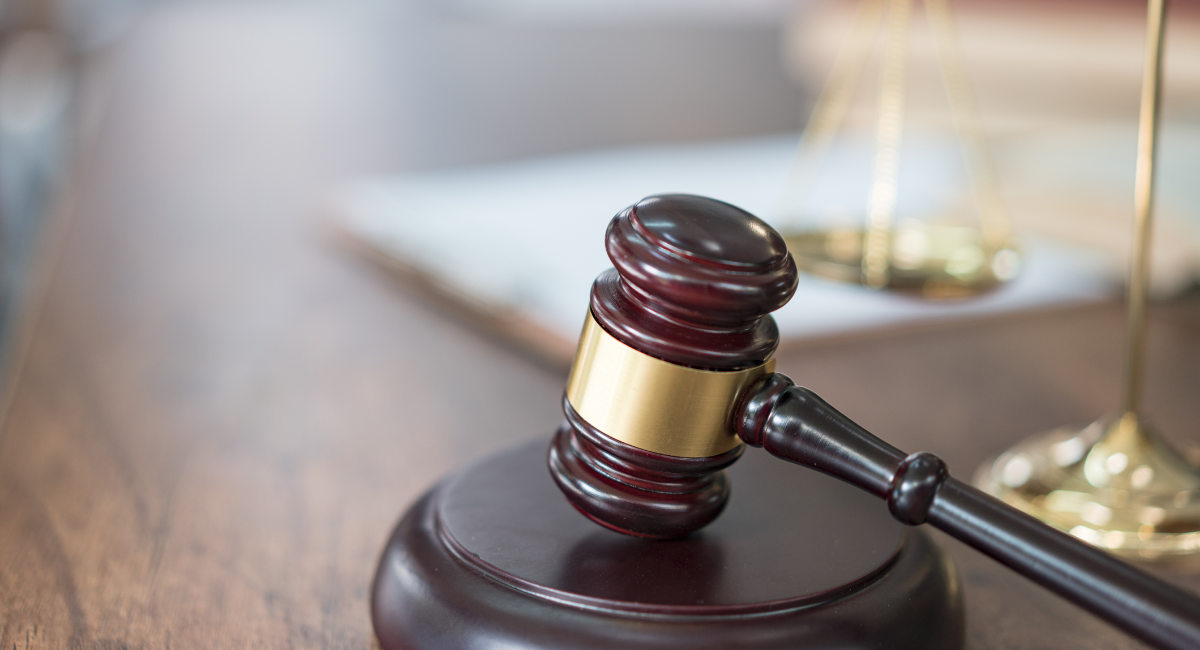A district court judge has blocked a newly-passed Wyoming law, just days after it was enacted, making abortion legal within the state again.
On March 20, Wyoming Governor Mark Gordon allowed House Bill 152 to take effect without his signature. The bill protected virtually all preborn children from abortion, but also included exceptions for rape, incest, a “lethal” fetal anomaly, or to save the life or health of the mother, while also specifically noting that treatment for ectopic pregnancies or miscarriage are not considered abortions.
Yet Teton County District Court Judge Melissa Owens still put the law on hold, granting a restraining order due to a lawsuit challenging the law. Owens did not make any rulings regarding a separate bill he signed into law, which protects preborn children from chemical abortions within the state of Wyoming.
“The state can not legislate away a constitutional right,” Owens said in her oral decision. “It’s not clear whether abortion is health care. The court has to then decide that.”
The Wyoming Constitution states that adults have a right to make their own health care decisions, verbiage lawmakers attempted to bypass by accurately defining abortion (the intentional, direct killing of an undelivered human) as “not health care” in the law. Yet Gordon still warned in a press release that a lawsuit was likely to be filed.
“As I noted, I have a strong record of protecting the lives of the unborn, as well as their mothers. I believe all life is sacred and that every individual, including the unborn, should be treated with dignity and compassion. I believe in family, and in the rights of parents,” he wrote, adding, ” I understand the Legislature’s effort to improve Wyoming’s pro-life legal framework and preemptively clarify some of these legal questions with HEA0088’s various legislative findings. However, I am nonetheless concerned that, in practice, this bill would instead complicate and delay the resolution of these central and foundational constitutional questions posed by Article 1, Section 38 and other constitutional provisions. These questions need to be decided as soon as possible so that the issue of abortion in Wyoming can finally be resolved.”
He continued by urging lawmakers to allow voters to decide.
“I am not convinced that so-called ‘findings’ are a substitute for an expression of the people when it comes to constitutional matters,” he said. “If the Legislature wants to expressly address how the Wyoming Constitution treats abortion and defines healthcare, then those issues should be vetted through the amendment process laid out in Article 20 of the Wyoming Constitution and voted on directly by the people.”
However, the abortion industry has shown itself effective (with the help of funding from pro-abortion billionaires) in leading voters to believe propagandized falsehoods in other states that put such amendments directly to the people for a vote. For example, in Kansas, pro-abortion forces painted an amendment that would have clarified that there is no constitutional “right to abortion” in Kansas as a “ban” on abortion itself… which was entirely false. However, the dishonest strategy successfully fooled voters, and the amendment failed.








